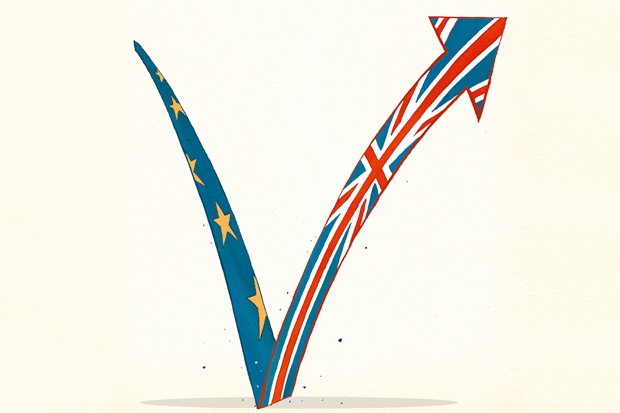The Brexit bounce continues. HM Treasury has today released forecasts of the economists it follows, as it does every month. Last time, there was a flurry of downgrades and forecasts of an immediate recession. Now, these forecasts are being torn up by everyone, including by the FT (although you can bet the FT won’t report on the upgrades as eagerly as it did the downgrades).
The average new forecast suggests GDP will grow by 1.8 per cent this year, far better than the 1.5 per cent forecast last month. This back to where the consensus was before the Brexit vote. The OECD, which had previously predicted “immediate” uncertainty after a Brexit vote, has today also upgraded to 1.8pc for this year, saying instead that the pain will be felt next year (it predicts 0.9pc growth).
When you take a look at the forecasts made by city heavyweights, the signs are also encouraging. Bank of America Merrill Lynch, Barclays Capital, JP Morgan, Citigroup and Morgan Stanley are amongst ten forecasters to hike their GDP growth predictions from two months ago. Of these, three – Pantheon, Bank of America and Barclays – have boosted their forecasts by a healthy 0.4 points. And Daiwa Capital Markets makes the biggest revision: shifting its July prediction of 1.4 per cent GDP growth up to 1.9 per cent. Admittedly, not everyone is as optimistic: three of the city forecasts keep their predictions the same, whilst two firms – Capital Economics and Scotiabank – have revised their GDP bets downwards by 0.1 per cent. But the panic that seemed to grip the financial experts in the run-up to the referendum, and in the immediate aftermath, seems to be subsiding.
The Office of National Statistics, in its snapshot of the health of the UK economy which is also published today, agrees with that assessment. In the words of their chief economist Joe Grice:
‘As the available information grows, the referendum result appears, so far, not to have had a major effect on the UK economy. So it hasn’t fallen at the first fence but longer-term effects remain to be seen. The index of services published soon and the preliminary estimate of third quarter GDP, published at the end of October will add significantly to the evidence.’
This sounds as if Q3 growth – July, August and September – is shaping up rather nicely. The ONS adds that sterling slump (badly needed for a country with a trade deficit as large as Britain’s) has not jacked up prices in the way that many had feared. Nor has George Osborne’s suggestion of an 18 per cent house price crash materialized. At the time, Osborne’s allies said he was not exaggerating and that the economic advice he received was far more pessimistic than he let on. If true, this raises serious questions about the quality of economic advice being issued at the Treasury.
The theory was that consumer confidence would collapse, as Britain would panic about Brexit. But as Ross Clark argued in his cover piece recently, why would that be the case? Brexit would only happen if a majority voted for it, and if they did then why would they go on to suffer a crisis of confidence if they got what they wanted?
The ONS today says ‘there are no signs of a sharp collapse in consumer confidence as some early fears had suggested’ and that there was no indication that ‘referendum fears’ were biting any sub-sectors in the manufacturing industry. Of course, Brexit hasn’t happened yet – and nor will the turbulence be over for some time. But the wilder forecasts issued by HM Treasury – and immediate recession, house price crash, half-a-million job losses – don’t seem to be in the pipeline just yet.
Indeed, Britain’s healthy employment rate of 74.5 per cent fits, in the ONS’s own words, ‘with a picture of broad strength in the UK economy in the run up to and in the period immediately following the EU referendum’. Not that you’d have known by reading most of the economic and financial commentary at the time (a Bloomberg survey in the wake of the vote indicated that 71 per cent of economists were predicting a Brexit recession). This isn’t surprising: economists are not clairvoyants, nor are pundits. None saw the crash coming. But not so long ago, there was a lot of panic about a populist post-fact Britain that didn’t believe in experts. The picture now emerging is of a healthy and sceptical Britain that values its experts but knows that, sometimes, they’re capable of all being wrong.







Comments